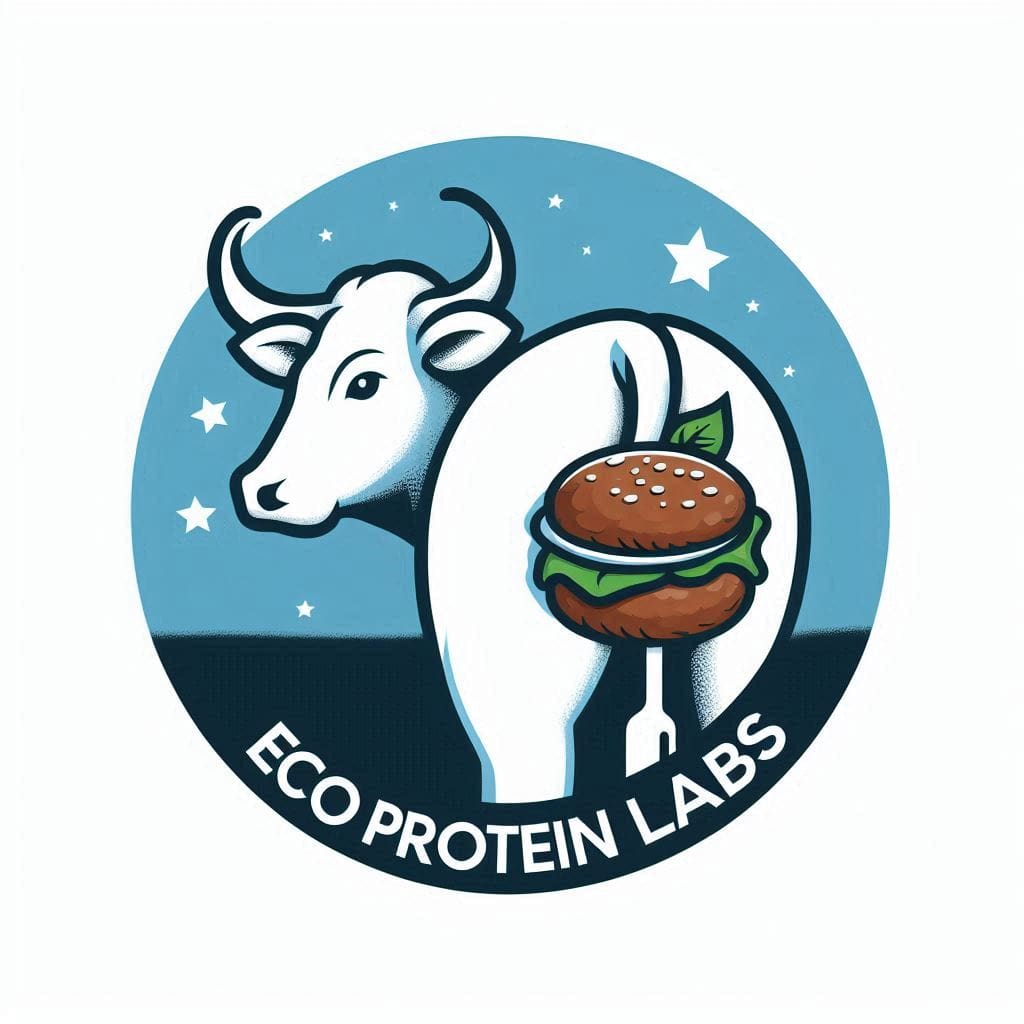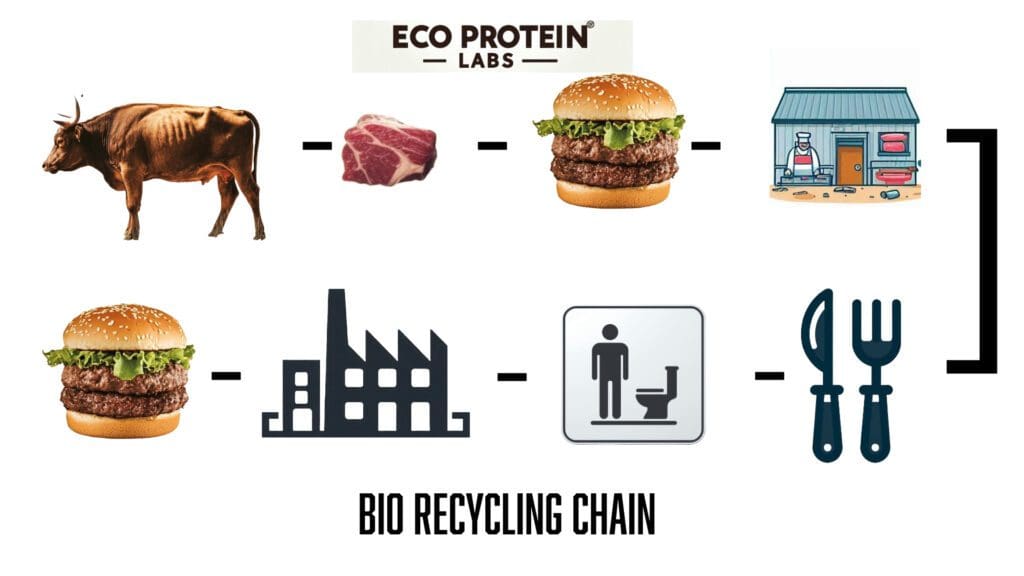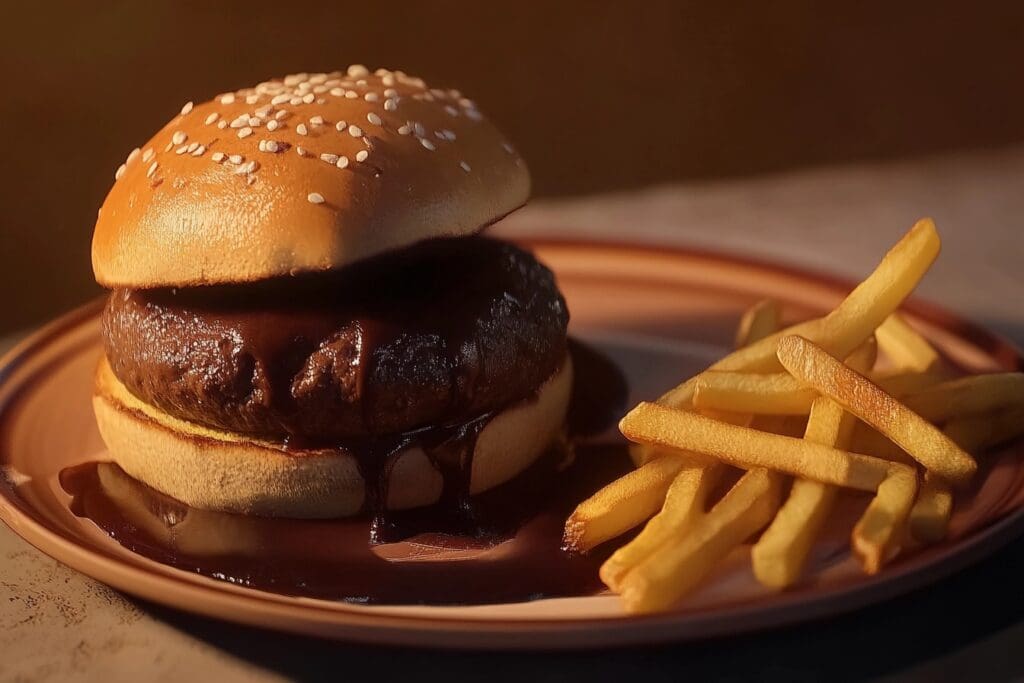“A Game-Changer for Sustainability,” Says CEO, While Public Slowly Realizes What’s Happening

In a bold leap for both food innovation and human dignity, a major fast-food chain has acquired the company responsible for pioneering technology that transforms fecal matter into beef patties.
While the terms of the deal remain undisclosed, sources confirm the purchase price was “shockingly high for something made entirely out of waste.”
From Waste to Whopper: The Science Behind It

The company, EcoProtein Labs, first gained attention with its groundbreaking bio-recycling process—a system that extracts proteins, fats, and essential nutrients from human and animal waste and reconstructs them into meat-like products.
“It’s simple,” said Dr. Martin Wells, lead scientist at EcoProtein Labs. “We take waste that would otherwise be discarded and upcycle it into something indistinguishable from traditional beef. Chemically, it’s nearly identical.”
According to the company’s heavily sanitized promotional materials, the process involves:
✅ Breaking down waste into molecular components
✅ Isolating usable proteins and lipids
✅ Reassembling them into a patty that “looks, smells, and tastes just like beef”
Fast Food Chain Calls It a “Sustainability Win,” Customers Call It “Horrifying”

The unnamed fast-food chain has described the acquisition as a huge step toward a greener future, emphasizing its commitment to reducing food waste and carbon emissions.
• “This is the future of fast food,” said the company’s CEO, moments before quickly denying that he had eaten one himself.
• “We’re talking about a fully circular food system,” a spokesperson added. “Why waste what can be deliciously repurposed?”
Despite corporate enthusiasm, the public reaction has been… mixed.

Early taste tests on the street have yielded concerning results, with one participant stating, “At first, it tasted like a regular burger… then, oh my god, something bad started happening.” Another said, “The aftertaste is like wet sewage and old man’s ball sweat.”
• “It’s like Soylent Green, but somehow worse,” said one social media user.
• “This is just the natural next step after pink slime, right?”
• “So when they say 100% beef, what percent are we talking about?”
The Fine Print: FDA “Mostly on Board”
The company insists that its product is “100% safe, highly regulated, and technically not illegal.”
The FDA, when reached for comment, responded with an uncomfortable silence followed by deep sighs. Eventually, a spokesperson stated:
• “There is… some precedent for this kind of protein reclamation. We are… monitoring the situation.”
Will You Be Eating One?

As the first restaurant rollout begins next quarter, industry experts expect a massive PR push to reframe public perception. Potential branding efforts include:
• “EcoBeef: Sustainably Delicious”
• “Full Circle Burgers”
• “Waste Not, Want More”
Meanwhile, insiders claim executives at rival fast-food chains are waiting to see if customers accept the change—or instinctively vomit at the concept.
Either way, one thing is clear: fast food may never be the same again.
This is satire, of course. The real world is nothing like that…
But if you want to see how things actually work, here are some totally real, absolutely normal links that inspired this story:
In 2011, Japanese researcher Mitsuyuki Ikeda from the Okayama Laboratory developed a process to create artificial meat using proteins extracted from human feces. Commissioned by Tokyo Sewage, Ikeda’s team aimed to address the surplus of sewage mud by isolating bacterial proteins, combining them with soy protein and food coloring, resulting in a product resembling beef. Initial taste tests reportedly indicated a flavor similar to beef. youtube.com+5forbes.com+5sg.news.yahoo.com+5foxnews.com+4sg.news.yahoo.com+4tapasmagazine.es+4
This development sparked discussions about alternative protein sources and environmental sustainability, considering the meatpacking industry’s significant contribution to greenhouse gas emissions. grist.org
However, the concept faced skepticism and ethical concerns, particularly regarding public acceptance and the “yuck factor” associated with consuming products derived from human waste. Additionally, the high production costs at the time rendered it economically unviable.
It’s important to note that there is no evidence of any fast-food company acquiring such technology or incorporating feces-derived meat into their products. The notion remains within the realm of experimental research and has not been adopted commercially.
For a visual overview of this research, you might find the following video informative:







